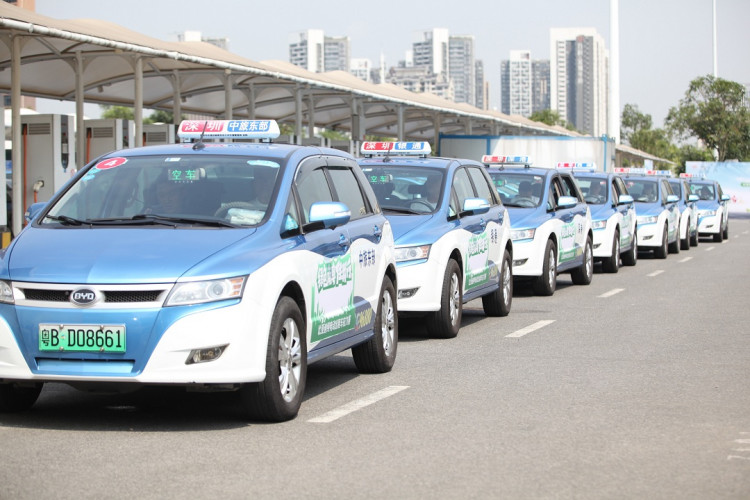Chinese new energy vehicle manufacturer BYD reported weaker-than-expected profits for its latest quarter, further dragging down its profit growth for the entire year.
The company's weak earnings were attributed to relatively slow new energy vehicle (NEV) sales during its third quarter.
For the first nine months of 2019, BYD reported net profits of 1.57 billion yuan ($224 million), a 3.1 percent increase when compared to the same period last year. BYD also reported revenues of 93.8 billion ($13.32 billion), a 5.4 percent increase from the same period last year.
While the company still managed to increase its figures for the first three quarters, the company still missed hitting analysts' expectations as lowered new energy vehicle sales cut into its earnings.
For its third quarter, BYD reported an 88.6 percent fall in its net profits to 119.7 million yuan ($17 million). Meanwhile, BYD's revenues fell by more than 9.2 percent to 31.6 billion yuan ($4.49 million).
Despite the decline in its third-quarter earnings, BYD still expressed confidence in its full-year performance. However, the decline in its new energy vehicle sales has caused it to be more cautious in its forecast for the rest of the year. BYD forecasts that its full-year net profits could decrease by 36 percent to 43 percent or around 1.8 billion yuan to 1.77 billion yuan.
BYD also revealed that it expects that its new energy vehicle sales for the fourth quarter to still miss hitting analysts' forecast. The company cited that there is still weak automotive demand in the country given the scaled-back subsidies and increased competition from both EV and gasoline-powered vehicle manufacturers.
BYD has seen that sales of its full-electric, plug-in hybrid and fuel-cell vehicles decline for three consecutive months following the downgrade of subsidies for new energy vehicles. For the month of September alone, BYD saw a 34 percent drop in its EV sales and a 15 percent drop in overall car sales.
BYD did announce that it has a strategy to counter the sluggish demand for its new energy vehicles. The company, which is backed by global investors such as Warren Buffet, plans to significantly broaden its revenue sources. BYD plans to make significant investments to expand the sales of its batteries to offset its lowered EV sales.
The Chinese vehicle manufacturer also revealed that it is currently weighing the option of launching an initial public offering (IPO) for its business unit that manufactures proprietary power-management devices.
According to insiders, only a handful of companies globally produce these types of products and BYD is hoping to capitalize on that fact.






